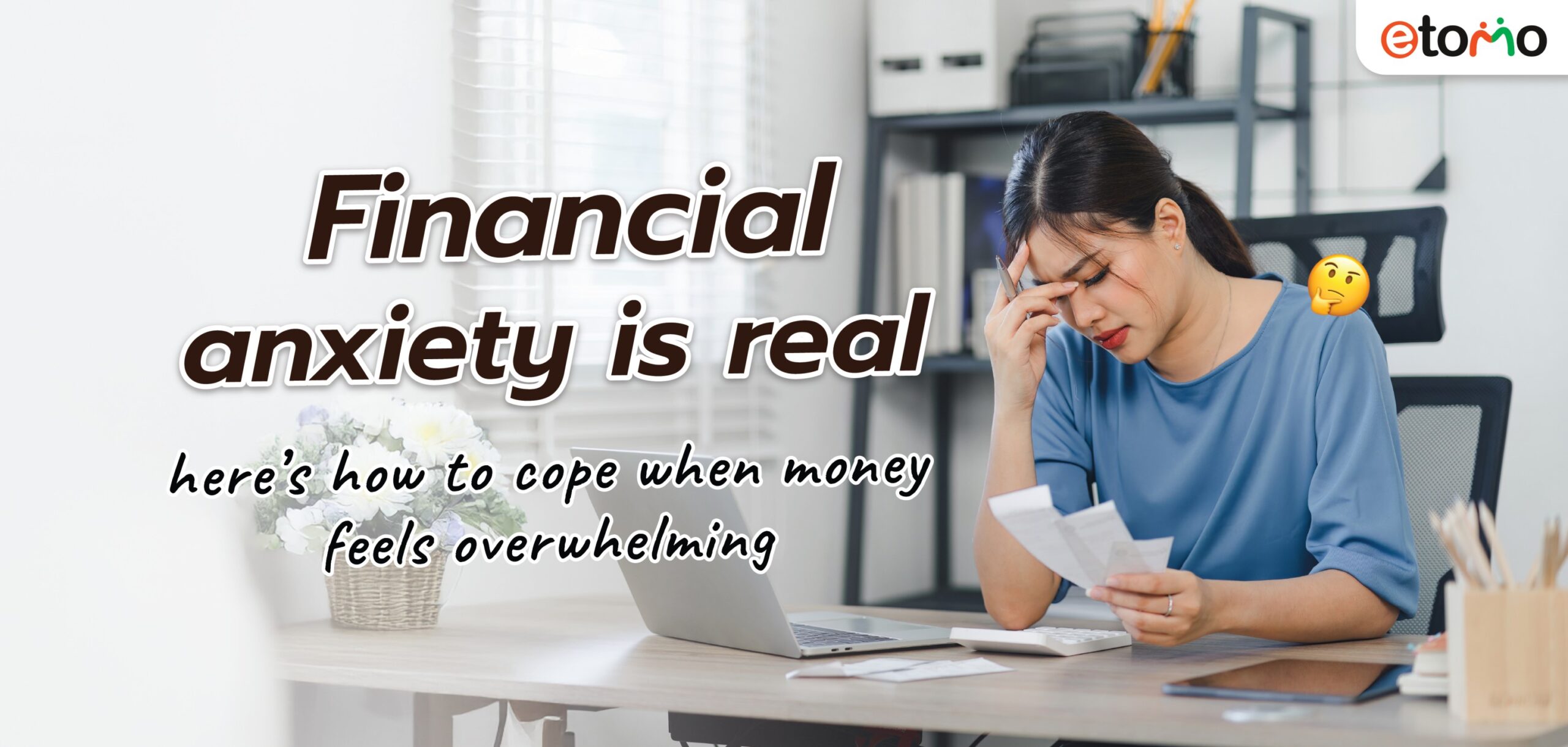Have you ever felt your chest tighten after checking your bank account? Or found yourself avoiding bills, messages from loan apps, or even thinking about money altogether?
That, right there, is financial anxiety and it’s more common than you think.
Whether you’re earning minimum wage or making six figures, money can be a source of stress, fear, and guilt. And in today’s world, with rising costs, social pressure, and financial uncertainty, that anxiety can feel constant. But here’s the good news: you’re not alone, and you can take steps to regain a sense of peace and control over your finances.
Why money feels so heavy
Money isn’t just about numbers but it’s emotional. It connects to your sense of security, self-worth, and future. That’s why financial problems don’t just show up in your wallet. They affect your mental health, your relationships, even your sleep.
Here are a few common triggers of financial anxiety:
- Living paycheck to paycheck
- Unpaid debts or loan reminders
- Feeling behind peers or social media pressure
- Job instability or inconsistent income
- Not knowing where to start with saving or budgeting
When these stressors build up, it can feel paralyzing. You might avoid facing your finances altogether, which often makes the problem worse. The cycle continues and so does the anxiety.
How to start coping (even when you’re not okay)
If money feels overwhelming, here are 5 small but powerful steps you can try:
1. Name your emotions
Instead of pushing your feelings away, name them: “I feel anxious about rent.” “I’m ashamed of my credit card debt.” Naming your emotion helps you manage it.
2. Take one small step
You don’t have to fix everything today. Just pick one small action: check your balance, list your expenses, cancel a subscription.
3. Create a safe routine
Have a weekly “money date” with yourself even just 10 minutes to review your finances, update your budget, or set goals.
4. Talk about it
Find someone you trust a friend, therapist, or support group. Talking reduces shame and helps you feel less alone.
5. Remember: progress, not perfection
It’s okay to make mistakes or feel lost. what matters is that you keep moving forward, even in small steps.
Your worth is not defined by your wallet. Feeling anxious about money doesn’t mean you’ve failed, it means you care. And with patience, support, and small actions, you can build a healthier, calmer relationship with money.






